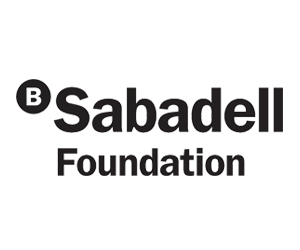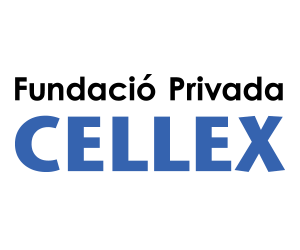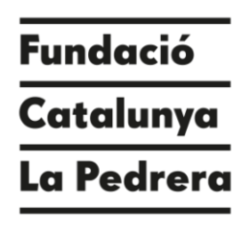Francesco Pampaloni
Buchmann Institute for Molecular Life Sciences (BMLS), Goethe University Frankfurt, Germany

Buchmann Institute for Molecular Life Sciences (BMLS), Goethe University Frankfurt, Germany
Title: High-throughput light sheet fluorescence microscopy
(HT-LSFM) for the analysis of 3D human progenitor cell organoids
Three-dimensional cell cultures of human cells, particularly tumor spheroids and progenitor cell organoids, are attractive for biomedical research, since they are physiologically close to the original tissues they derive from. Organoid technology could indeed achieve the goal of a cell-based therapy and diagnostics of diseases such as diabetes type 1, cystic fibrosis, and liver cancer [1]. Light sheet fluorescence microscopy (LSFM), due to the fast recording speed and the low photo-bleaching, is the technique of choice for the analysis of these large specimens. In my talk, I will illustrate the High-Throughput Light Sheet Microscope (HT-LSFM), a LSFM implementation that allow us to perform quantitative analysis on hundreds of living organoids in their native three-dimensional environment. I will focus on the application of HT-LSFM to the characterization and quality control of pancreatic organoids in the groundbreaking cell-therapy project LSFM4LIFE (www.lsfm4life.eu) for the therapy of type 1 diabetes, and in the Onconoid Hub project aimed to the personalized therapy of liver cancer.
 Francesco Pampaloni is staff scientist with permanent position at the Buchmann Institute for Molecular Life Sciences (BMLS) in Frankfurt am Main (Germany). He leads the research on three-dimensional cell cultures and he is coordinator and scientific manager of the EU Horizon 2020 project LSFM4LIFE. He graduated in Physical Chemistry at the University of Florence (Italy). Awarded with an EU Marie-Curie Fellowship programme, he moved to the University of Regensburg (Germany), where he obtained his Ph.D. with excellence with a work on Optical Force Microscopy. From 2003 to 2009 post-doc and staff scientist at EMBL Heidelberg (Germany). Since 2010 at the Buchmann Institute for Molecular Life Sciences (BMLS) of the Goethe University Frankfurt. He authored 40+ publications and four patents. He is main inventor and driving force of the High-Throughput LSFM (HT-LSFM) and the Tissue Culture LSFM (TC-LSFM).
Francesco Pampaloni is staff scientist with permanent position at the Buchmann Institute for Molecular Life Sciences (BMLS) in Frankfurt am Main (Germany). He leads the research on three-dimensional cell cultures and he is coordinator and scientific manager of the EU Horizon 2020 project LSFM4LIFE. He graduated in Physical Chemistry at the University of Florence (Italy). Awarded with an EU Marie-Curie Fellowship programme, he moved to the University of Regensburg (Germany), where he obtained his Ph.D. with excellence with a work on Optical Force Microscopy. From 2003 to 2009 post-doc and staff scientist at EMBL Heidelberg (Germany). Since 2010 at the Buchmann Institute for Molecular Life Sciences (BMLS) of the Goethe University Frankfurt. He authored 40+ publications and four patents. He is main inventor and driving force of the High-Throughput LSFM (HT-LSFM) and the Tissue Culture LSFM (TC-LSFM).





